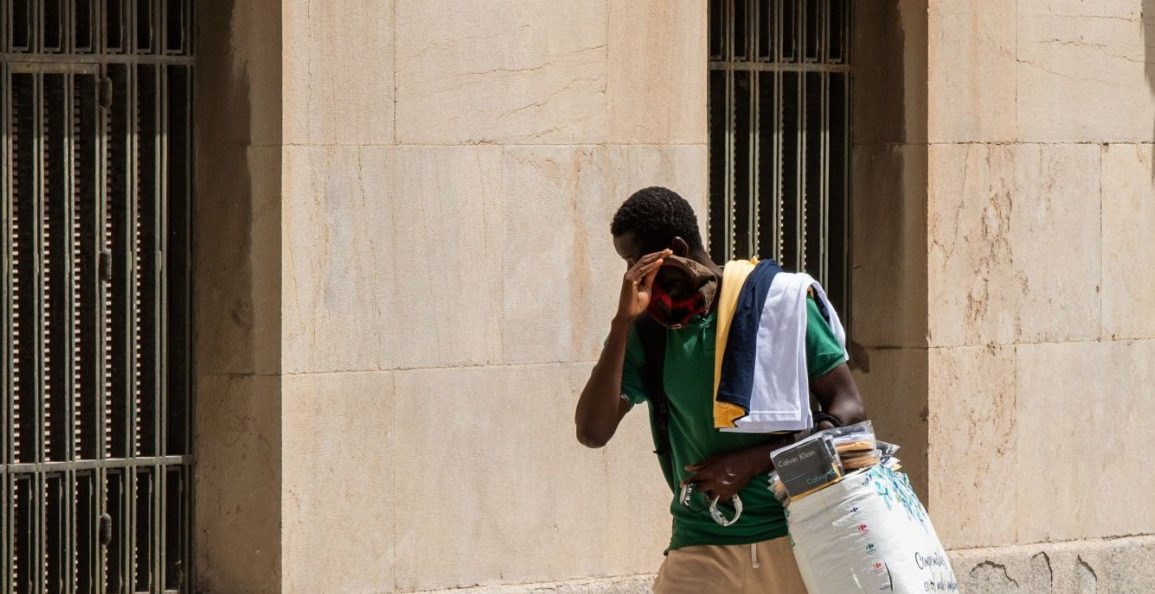As the world faces escalating climate challenges, the United Nations predicts that by the 2050s, children will be disproportionately affected by extreme environmental events.
According to the latest State of the World’s Children report, millions of children will encounter extreme heatwaves, floods, wildfires, and other climate-related crises, marking a dramatic shift from the current state.
The number of children exposed to extreme heatwaves will surge eightfold by the 2050s, while river floods will triple compared to the 2000s. Additionally, wildfires and droughts will double in prevalence, further exacerbating the vulnerabilities children face.
These impacts will vary by region, with the greatest increases expected in East and South Asia, the Pacific, the Middle East, and parts of Africa.
The report also highlights that nearly half of the world’s children—approximately 1 billion—are already living in countries that face high risks of environmental disasters, with many exposed to a host of health and social challenges.
These environmental stresses are not just about survival; they directly affect children’s development. From the moment they are born, children’s health is at risk from pollution, disease, and extreme weather.

The rising temperatures and flooding increase the spread of diseases such as malaria, dengue, and Zika, which disproportionately impact children’s health.
Moreover, climate-induced disasters often lead to severe mental health issues, including PTSD and depression, as children face traumatic events like hurricanes and floods.
Beyond health, the climate crisis is affecting education.
School closures due to extreme weather have impacted over 400 million students globally since 2022, with learning gaps widening and creating long-term economic risks.
The World Bank has termed the educational effects of climate change an “economic timebomb.”
Despite the bleak outlook, the report emphasizes that much can still be done to mitigate these effects.
Youth leaders have been calling on global leaders to take stronger actions to combat climate change and fulfill their climate commitments.
The decisions made today will shape the world that future generations inherit, making it imperative to act now to safeguard children’s futures.

